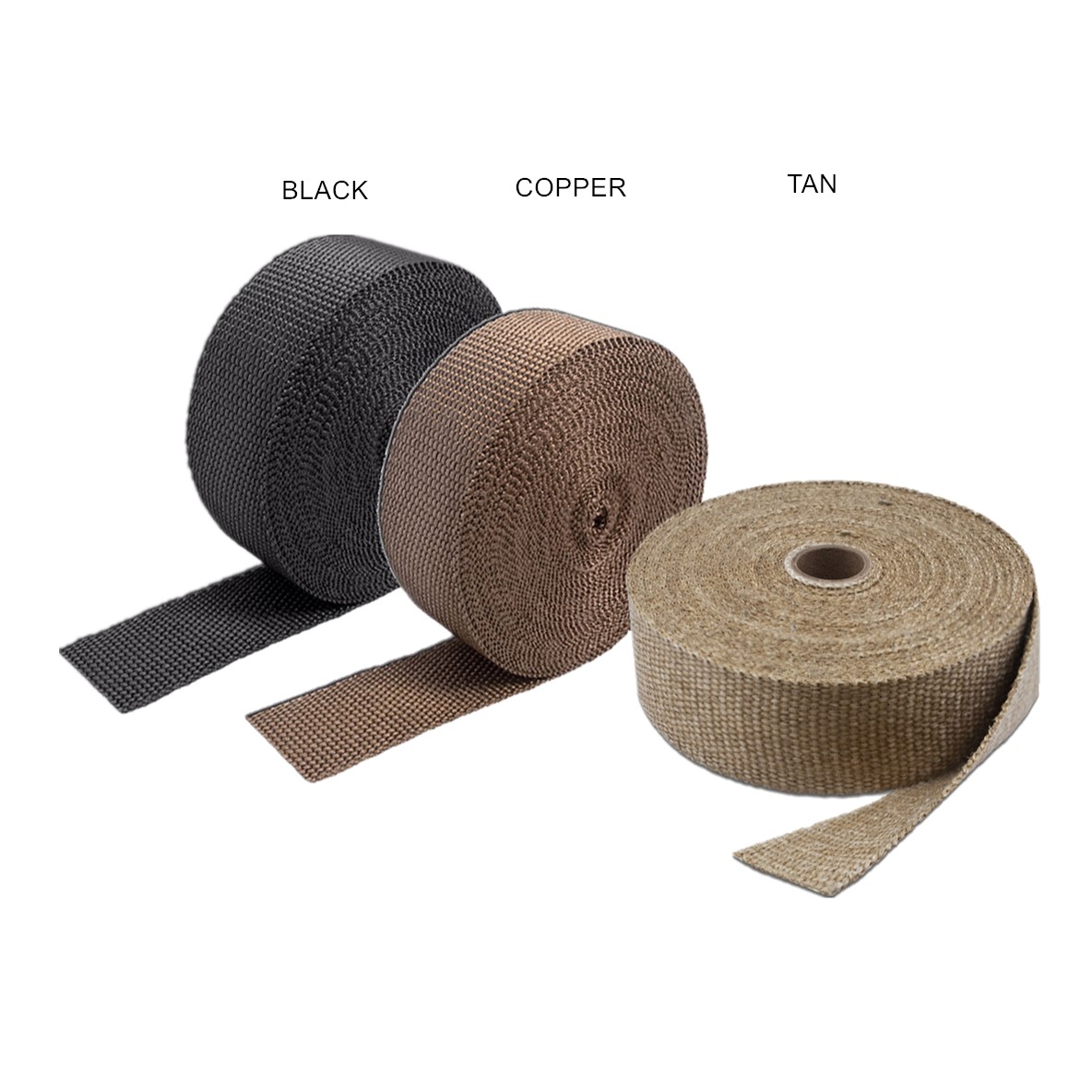Without an Exhaust Pipe Heat Wrap, exhaust pipes are exposed to high temperatures, resulting in a number of potential issues for both performance and safety. Exhaust heat radiates from unwrapped pipes, which can lead to engine compartments and surrounding components overheating. Over time, this excessive heat can cause nearby parts such as hoses, wiring, and sensors to degrade or fail prematurely. In high-performance applications, such as racing or heavy-duty vehicles, unwrapped exhaust pipes can even result in power loss due to decreased exhaust flow efficiency.
An example can be seen in motorsports, where race teams discovered significant temperature reductions after installing Exhaust Pipe Heat Wrap on their exhaust systems. By containing the heat within the exhaust pipes, the wrap improves exhaust scavenging and overall engine efficiency. This leads to increased horsepower and prevents critical engine parts from succumbing to heat damage. One racing team reported a 20% reduction in under-hood temperatures, extending the lifespan of sensitive electronic components and increasing the overall performance of their vehicle during high-stress racing conditions.
In heavy-duty applications, such as commercial trucks, unwrapped exhaust pipes can lead to increased maintenance costs. Heat radiation from the exhaust system can cause thermal fatigue in surrounding components, leading to expensive repairs and downtime. A trucking company that wrapped its exhaust pipes experienced a noticeable reduction in engine bay temperatures, lowering the risk of heat-related damage and improving overall vehicle reliability, especially during long-haul operations.
By insulating the exhaust pipe, Exhaust Pipe Heat Wrap helps maintain optimal operating temperatures, improves exhaust gas velocity, and prevents costly damage to nearby components. Whether you're looking to enhance performance, improve fuel efficiency, or extend the life of engine parts, this simple solution offers long-term benefits for automotive enthusiasts, race teams, and industrial vehicle operators alike.
In summary, failing to use exhaust pipe heat wrap can lead to higher engine bay temperatures, premature component wear, reduced performance, and increased maintenance costs, while wrapping the exhaust offers tangible benefits in efficiency, reliability, and protection.
